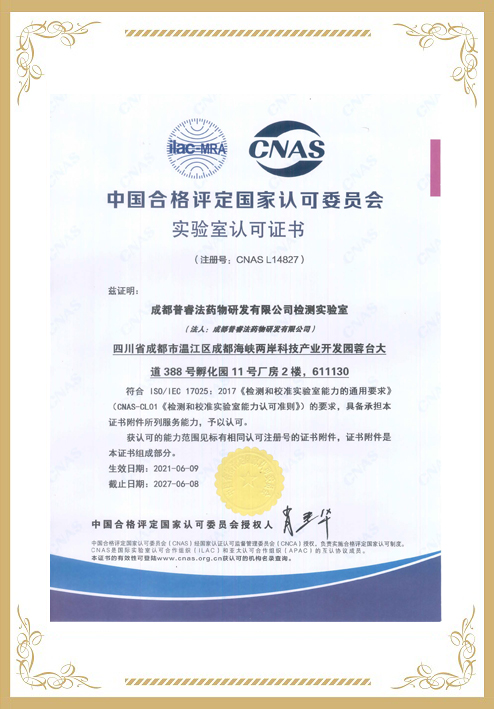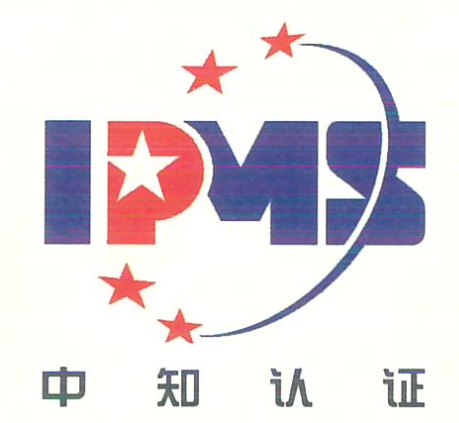Abstract
Kukoamine (KuA) is a spermine alkaloid present in traditional Chinese medicine Cortex Lycii radices, which possesses various pharmacological properties. Our previous studies have demonstrated that KuA exerts neuroprotective effects against H2O2-induced oxidative stress, radiation-induced neuroinflammation, oxidative stress and neuronal apoptosis, as well as neurotoxin-induced Parkinson's disease through apoptosis inhibition and autophagy enhancement. The present study aimed to investigate the neuroprotective effects of KuA against NMDA-induced neuronal injury in cultured primary cortical neurons and explore the underlying mechanism. Incubation with 200 μM NMDA for 30 min induced excitotoxicity in primary cultured cortical neurons. The results demonstrated that pretreatment with KuA attenuated NMDA induced cell injury, LDH leakage and neuronal apoptosis. KuA also regulated apoptosis-related proteins. Thus, incubation with the alkaloid decreased the ratio of Bax/Bcl-2, and inhibited the release of cytochrome C, the expression of p53 and the cleavage of caspase-3. Moreover, KuA prevented the upregulation of GluN2B-containing NMDA receptors (NMDAR). Additionally, pretreatment with KuA reversed NMDA-induced dephosphorylation of Akt and GSK-3β and the protective effect of KuA on NMDA-induced cytotoxicity was abolished by wortmannin, a PI3K inhibitor. Taken together, these results indicated that KuA exerted neuroprotective effects against NMDA-induced neurotoxicity in cultural primary cortical neurons and caused the down-regulation of GluN2B-containing NMDARs as well as the phosphorylation of proteins belonging to the PI3K/Akt/GSK-3β signaling pathway.
… of the PI3K/ Akt/GSK-3β signaling pathway. Materials and Methods Chemicals KuA was obtained from Chengdu Biopurify Phytochemicals Ltd. (China) with purity more than 98.22%. KuA was dis- solved in DMSO (50 mM) for …























